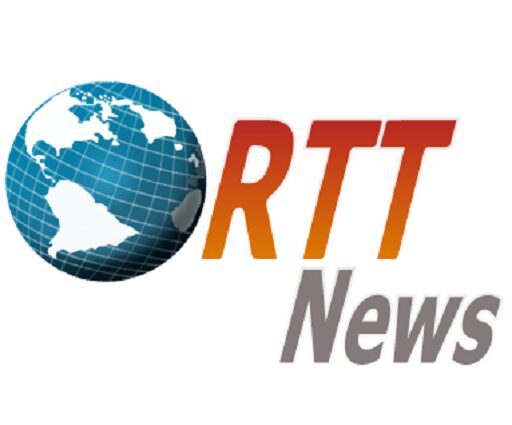Germany’s inflation eased more than expected in May, in line with the slowing trend in France, Italy and Spain, and thus strengthened the stance of doves in the European Central Bank who are calling for a pause in the interest rate hike cycle.
Consumer prices advanced 6.1 percent from a year ago in May, flash figures from Destatis revealed Wednesday. Inflation was forecast to slow moderately to 6.5 percent from 7.2 percent in April.
Similarly, EU harmonized inflation slowed to 6.3 percent from 7.6 percent in April. The harmonized inflation also remained below economists’ forecast of 6.8 percent.
Food prices continued to increase at an above-average rate of 14.9 percent annually in May. By contrast, energy prices grew only 2.6 percent annually due to high base effect.
Cost of services grew at a slower pace of 4.5 percent after climbing 4.7 percent a month ago, data showed. The Deutschlandticket, a subsidized travel ticket, introduced by the government in May 2023 helped to contain price pressures.
Another fall in inflation indicates that that the disinflationary trend in Germany is gradually broadening, ING economist Carsten Brzeski said.
However, the economist said the ECB seems to prefer to go too high with rates rather than stop prematurely. The economist forecast another 25 basis point hike at its next meeting in June.
As long as the gradual easing in core inflation continues, the ECB will raise rates twice more, bringing the deposit rate to a peak of 3.75 percent, Franziska Palmas, an economist at Capital Economics, said.
The ECB had raised its benchmark rates by a quarter-point early this month. Nonetheless, the bank had slowed the pace of policy tightening from a half-a-point hike in March.
Eurozone flash inflation data is due on June 1. The currency bloc is expected to log a weaker inflation of 6.3 percent in May compared to 7.0 percent in April.
Data today showed that Germany’s consumer price index edged down 0.1 percent on month in May, in contrast to the 0.4 percent increase in April and confounding expectations for an increase of 0.2 percent.
Likewise, the harmonized index of consumer prices posted a 0.2 percent drop, reversing the 0.6 percent increase in April and economists’ forecast of 0.2 percent gain.
Source: Read Full Article

